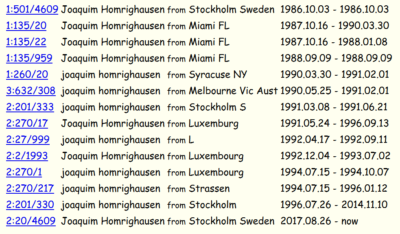It’s bound to happen. When looking for your own crap, you find someone else’s crap :)
Serial device I/O is probably not at the top of the list for any product these days. But when you’ve reached a version level of 5.x, you’d expect the product to be at least “mature”. Enter VirtualBox which seems to have problems when transporting data between the Host and the Guest. I’m not sure this is entirely related to “Serial I/O” or “UART” as VirtualBox likes to call it. But since that’s where I ran into it, that’s what I’ll label it as until they tell me different :)
There are, obviously, ways to get serial I/O working in VirtualBox. But this particular scenario, where I wanted to run NetSerial on the Windows 10 Pro (64-bit) host, and access the virtual COM ports in a Guest OS, does not seem to be the optimal way of doing things in VirtualBox. (Moving NetSerial into the Windows XP Guest solves the issue, but that sort of defeats the purpose, since I want to be able to use the emulated COM ports from any Guest OS, and not just Windows-based OSs).
The VirtualBox bug filing is here:
www.virtualbox.org/ticket/17093

